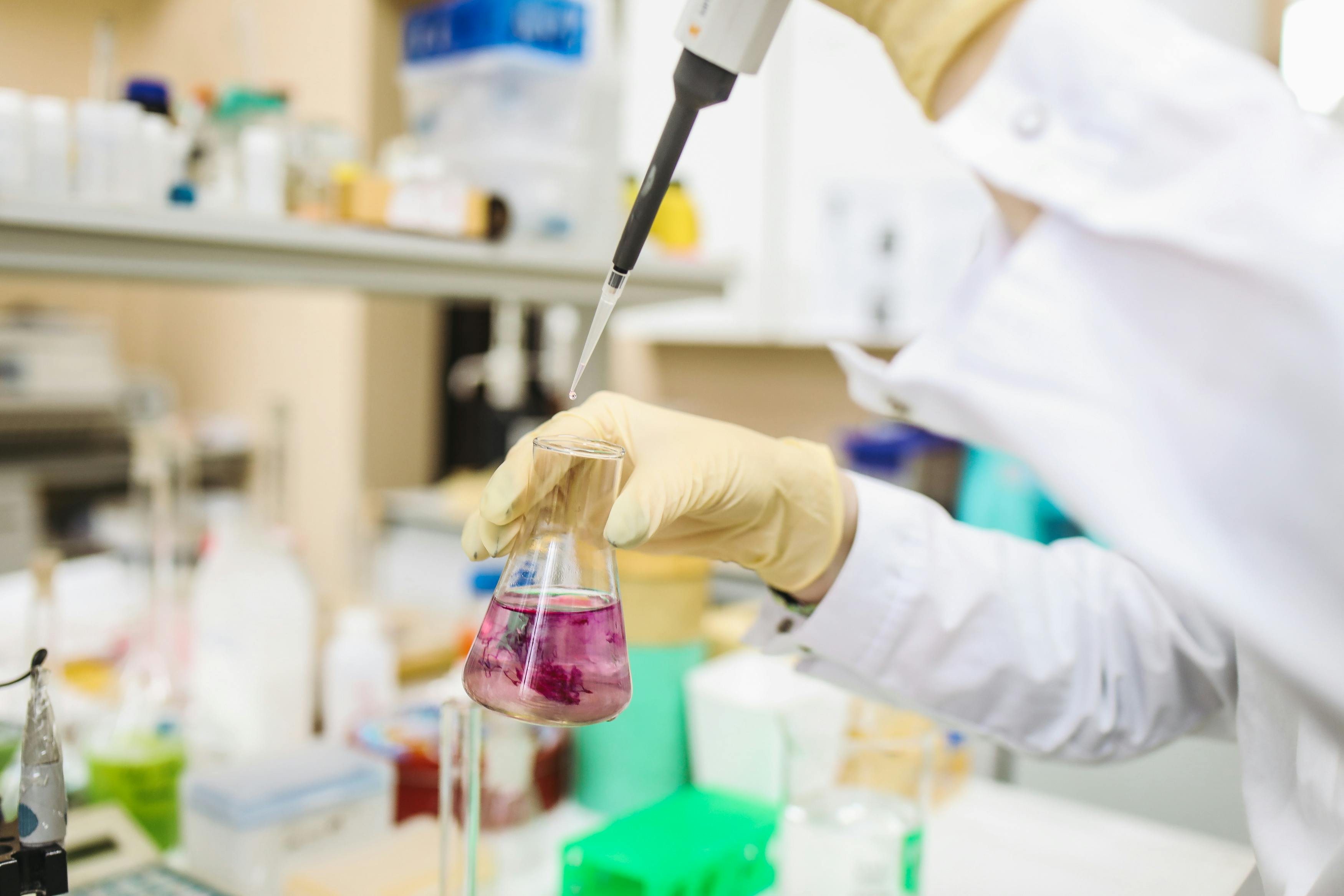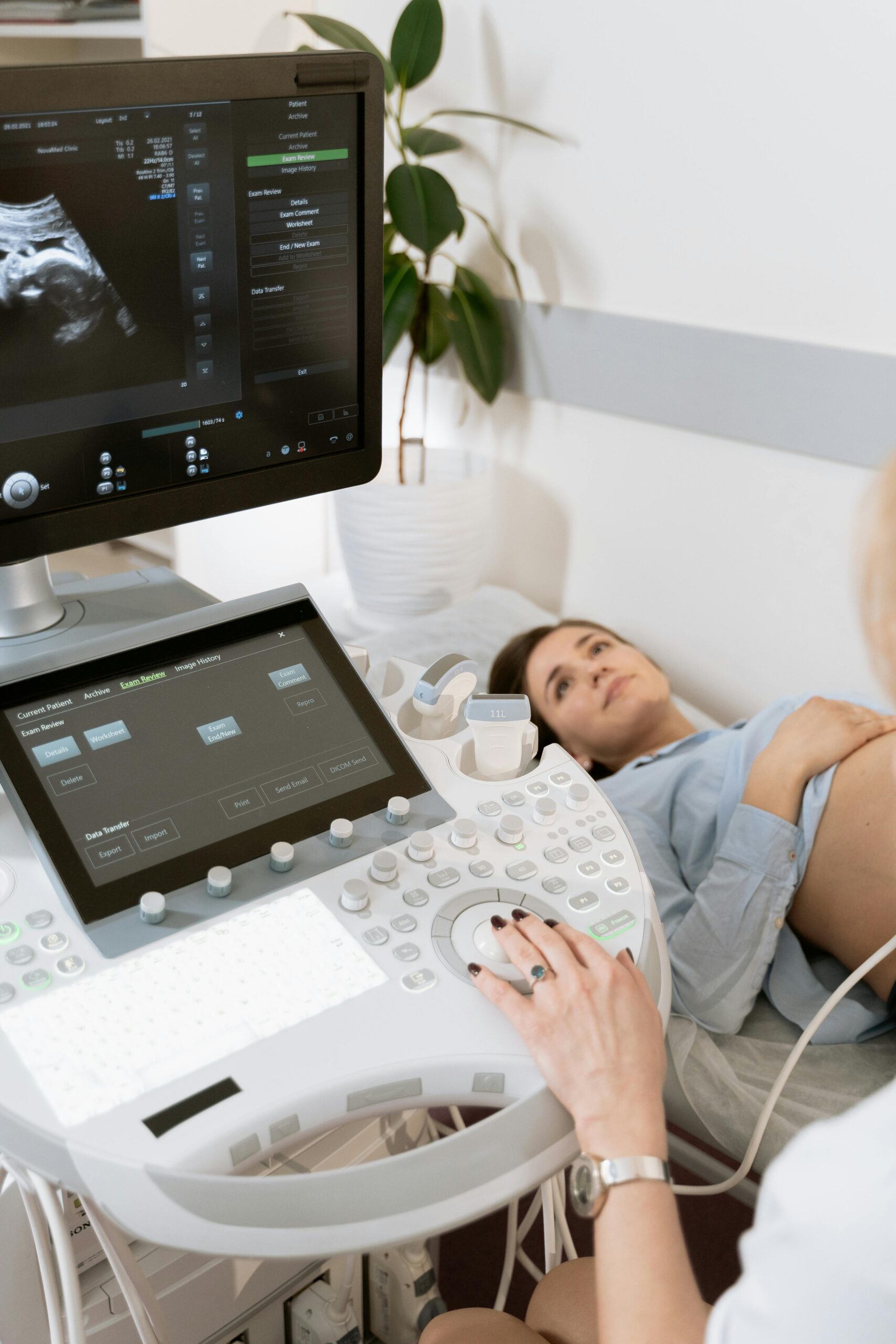How to Effectively Optimize Your Creatinine Test for Improved Results in 2025
As we move into 2025, understanding how to properly optimize your creatinine test results is becoming increasingly essential for ensuring accurate kidney function assessment. The creatinine test is a vital component of routine blood tests used to evaluate kidney health, and optimizing these tests can lead to better, more reliable insights into overall wellness. This article will explore the significance of creatinine testing, highlight ways to enhance the accuracy of your test results, and provide practical recommendations to integrate into your routine.
By addressing multiple factors ranging from diet to medication adjustments, you can help ensure that your test reflects a true picture of your kidney function. We will also showcase some cutting-edge technologies and methods that promise to enhance testing accuracy and efficiency. Let’s dive deeper into how you can achieve optimal results with your creatinine test this year.

Essential Steps for Preparing for Your Creatinine Test
Building on the fundamental understanding of what the creatinine test involves, the following steps will help you prepare adequately. Proper preparation is crucial as it can influence the test results significantly.
Understanding the Creatinine Test
The creatinine test measures the level of creatinine in your blood or urine, which indicates how well your kidneys are functioning. Elevated levels can signify potential kidney issues, while low levels may indicate conditions that require further investigation. Knowing the purpose of the test helps to set the stage for effective preparation.
Dietary Considerations
Your diet plays an instrumental role in the creatinine levels detected during the test. To optimize test results:
- Consider reducing protein intake for a few days before your test.
- Avoid creatine supplements, as they can artificially raise creatinine levels.
- Stay hydrated but avoid excessive fluid intake right before testing.
These dietary adjustments can help ensure results better reflect your kidney function rather than responding to recent dietary changes.
Medications and Health Status
Some medications can affect the creatinine levels you might see in your test results. Always consult your healthcare provider about:
- Any prescription or over-the-counter medications you are taking.
- Potential pauses or alterations to your medication routine before testing.
Additionally, if you are experiencing any recent illnesses or surgeries, inform your healthcare provider, as these factors can alter test outcomes.
Practicing Effective Lifestyle Changes
With these preparations in mind, let’s look into the long-term lifestyle modifications that can contribute to optimal kidney health and enhanced test results.
Regular Physical Activity
Engaging in regular physical activity promotes kidney health. Aim for at least 150 minutes of moderate exercise each week. Exercise improves circulation, reduces blood pressure, and can help manage weight—factors that all contribute to better kidney outcomes.
Hydration Levels
Staying hydrated is key, but balance is important. While proper hydration supports kidney function, excessive water intake before a test may dilute your creatinine levels, leading to misleading results. Maintain consistency in your fluid intake leading up to the test.
Avoiding Toxins
Limiting exposure to environmental toxins, like heavy metals and certain chemicals, is crucial for kidney health. Always opt for natural cleaning supplies and avoid recreational drugs, as they can compromise kidney function, further skewing test results.

Utilizing Technology for Better Test Outcomes
This naturally leads us to exploring how technology can facilitate improved test accuracy and monitoring.
Advanced Testing Metrics
In 2025, many labs employ advanced testing metrics to deliver exact and relevant results. Keeping up with these developments can guide patients in understanding creatinine fluctuations over time.
Home Monitoring Devices
Devices are now available that allow for home monitoring of kidney function-related biomarkers, including creatinine levels. Engaging with these technologies can empower patients to take an active role in their health, identify trends, and share useful data with healthcare providers.
Consulting with Your Healthcare Provider
While self-management strategies are beneficial, collaborating closely with healthcare professionals is paramount. Establishing a regular dialogue enhances understanding and ensures test readiness.
Discussing Concerns
If you have reservations regarding your kidney health or the testing process, talk to your healthcare provider. They can offer tailored advice suited to your unique health needs.
Understanding Test Results
Post-test discussions should include a comprehensive breakdown of your results, what they signify relative to normal ranges, and the next steps. Don’t hesitate to ask questions until you feel confident regarding your kidney health.
Common Questions About Creatinine Testing
To wrap up this article, let’s address some frequently asked questions about creatinine testing to further clarify any uncertainties.
What Factors Can Alter My Creatinine Levels?
Diet, hydration, muscle mass, and supplements can all affect creatinine levels, influencing the outcome of your test.
How Often Should I Get a Creatinine Test?
This varies per individual risk factors, but generally. If diagnosed with kidney disease or related conditions, you might be tested more frequently—perhaps annually for healthy individuals.
Are There Risks Associated with the Test?
There are minimal risks involved as the test is non-invasive and simply involves blood draw or urine sample. However, discussing any concerns with your healthcare provider is encouraged.
By following these guidelines and remaining proactive about your creatinine testing, you stand to gain better insights into your health status, paving the way for improved kidney function and overall well-being in 2025.
For additional reading on related topics, visit this link and this resource.
